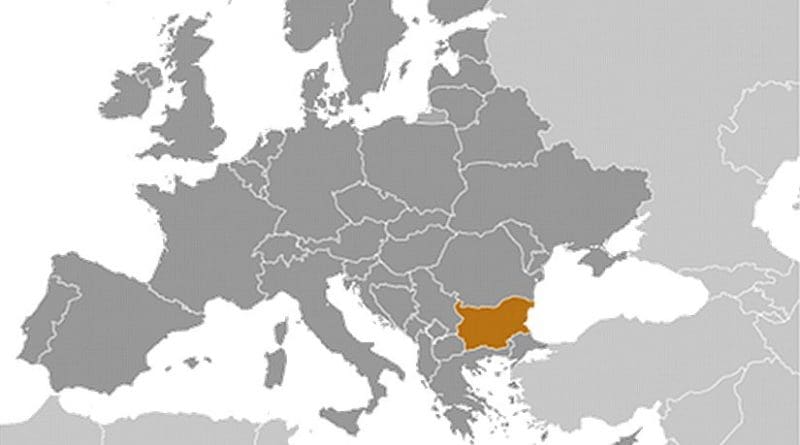Bulgaria: Parliament Strengthens Powers Over Energy Deals
By Martin Dimitrov
Following a row over the proposed sale of the energy company CEZ to a small family group, Bulgarian MPs have given the country’s energy and water regulatory commission the last say in such deals.
Bulgaria’s parliament on Wednesday amended energy legislation to give the country’s Energy and Water Regulatory Commission, KEVR, the final say on the sales of 20 or more per cent of any gas or electrical distribution company operating in the country.
The amendments were proposed by the United Patriots coalition, the junior partner of the ruling GERB party of PM Boyko Borissov. They were also backed by the opposition Bulgarian Socialist Party, BSP.
In February, the government was unable to stop an unpopular deal that would have transferred the majority stake of the largest energy distribution company in Bulgaria, CEZ, into the hands of the small family-owned company, Inercom Group.
The chair of parliament’s energy committee, GERB deputy Delyan Dobrev, told parliament on Wednesday that the changes did not give any new prerogatives to KEVR, but only clarified the commission’s role in approving energy deals.
In practice, until now, KEVR could only block a deal if it clearly prevented energy distribution companies from meeting the terms of their operating licences.
Now it will have the final say in any deal in which a substantial stake of an energy business is transferred.
CEZ spokesperson Alice Horakova called the decision is “disturbing”, accusing MPs of “seeking to influence the course of an already concluded transaction”.
On the specialized energy website 3e-news on Monday, she said CEZ had already filed an administrative claim against the Bulgarian competition commission, CPC, over its July decision to ban the sale of the company to the family-owned business of Ginka Varbakova.
The CPC claimed Varbakova would gain excessive power on the market if she was allowed to buy buy CEZ’s assets.
Horakova called the reasoning of the watchdog “inadequate”. Both CEZ and Inercom Group have appealed to the Supreme Administrative Court over the decision.
Varbakova announced on 21 September that her firm had sold its photovoltaic business in order to address the concerns of the competition authority, which has blocked the acquisition.
Horakova also told 3e-news that CEZ is analysing whether “these actions by the Bulgarian state… do not violate the principles of investment protection that can be enforced by arbitration.”
The company is considering filing a complaint with the European Commission, she added.
This would be the second arbitration case between CEZ and the Bulgarian state.
In 2016, after years of problematic relations with Bulgaria, CEZ Group filed a Request for Arbitration against the Bulgarian state with the International Centre for Settlement of Investment Disputes, ICSID, citing “Bulgaria’s failure to observe the investment protection provisions of the Energy Charter Treaty”.
It acted thus after the Bulgarian authorities’ regulations of energy pricing turned out to not have not been “in line with the expectations at the time of the privatization process”, the company announced.
According to the Czech firm, this had caused a decline in its profits, or losses, and the low liquidity of its Bulgarian business.

